I clearly remember my second day as an editor forty-five years ago.
The first day was mostly orientation. But the second day an author came in to discuss a contracted manuscript with Jim Sire, my boss. I sat in watching and listening as they discussed the editing Jim had done. That morning and afternoon, the two of them sat side by side at a table, flipping through the edited pages one at a time, often reading aloud long passages. Jim would make observations and raise issues about certain passages, about what the author intended and how to resolve various questions. The two would work together to come to an agreement on what do do and move on.
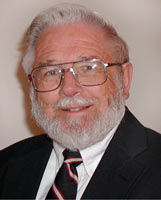 That day provided my whole career with a metaphor for the work of editing. I haven’t always had the privilege of sitting side by side with an author going over a manuscript. But when I have made comments on a manuscript (a manuscript I would originally send to the author my snail mail and later by email) or talked on the phone, I tried to keep the image in mind.
That day provided my whole career with a metaphor for the work of editing. I haven’t always had the privilege of sitting side by side with an author going over a manuscript. But when I have made comments on a manuscript (a manuscript I would originally send to the author my snail mail and later by email) or talked on the phone, I tried to keep the image in mind.
I wanted the author to know I was on his or her side. I’d look for the positive, and cheer great sentences, paragraphs, and sections. I tried to understand what was closest to the author’s heart and goals. Sometimes that meant pointing out where I thought things had gone astray in the manuscript. If I could, I would offer alternatives for how things could be worded or structured or presented.
The editor-author relationship is ideally one of mutual respect and mutual submission. Sometimes the editor accedes to the author’s obvious expertise in subject matter. Sometimes it is the other way around because many editors have not just published six or a dozen books but dozens or hundreds.
 A colleague, Jim Hoover, often said, “An editor is the author’s advocate to the reader—and the reader’s advocate to the author.” The job of editors is not to shape manuscripts the way they would write them. Rather when alerting authors to potential problems, editors aim to show authors what questions people might raise the first time they read the text. That is just virtually impossible for authors to do who are overly familiar with what they’ve written. “Isn’t it obvious?” No. Not always.
A colleague, Jim Hoover, often said, “An editor is the author’s advocate to the reader—and the reader’s advocate to the author.” The job of editors is not to shape manuscripts the way they would write them. Rather when alerting authors to potential problems, editors aim to show authors what questions people might raise the first time they read the text. That is just virtually impossible for authors to do who are overly familiar with what they’ve written. “Isn’t it obvious?” No. Not always.
Editors are on the author’s side, aiming to make what authors have to say as strong as possible–but as strong as possible for the intended audience (which means advocating for readers). Editors and authors need not have an adversarial relationship. Rather they are partners, allies who sit side by side, facing a common challenge.
—
Images: James W. Sire (IVP); Twilight (Hypatie, Pixabay)


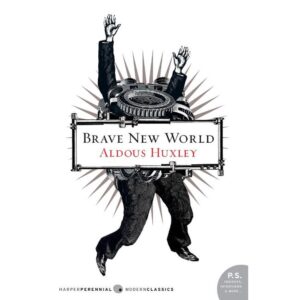
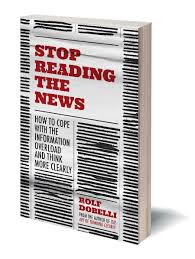
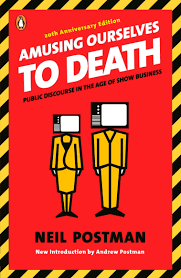
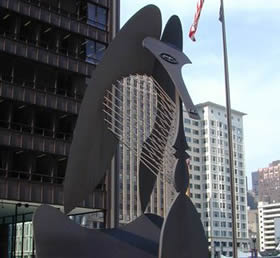

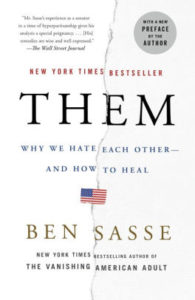
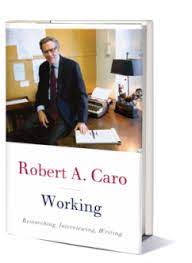
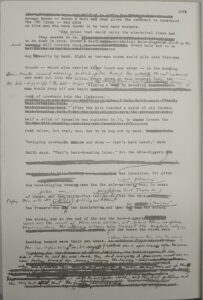 Caro’s other passion is explaining how political power works because it has a tremendous effect on our lives. Robert Moses was determined to reshape New York City with bridges, highways, parks, and other public works. To do so, during his forty years in power, Moses displaced a half million of New York’s fourteen million people—forcing them out of their homes, destroying communities. In a democracy, Caro wants us to know how that kind of power (of an unelected official) works.
Caro’s other passion is explaining how political power works because it has a tremendous effect on our lives. Robert Moses was determined to reshape New York City with bridges, highways, parks, and other public works. To do so, during his forty years in power, Moses displaced a half million of New York’s fourteen million people—forcing them out of their homes, destroying communities. In a democracy, Caro wants us to know how that kind of power (of an unelected official) works. Why? We live in a world that often seems so random and chaotic. None of us knows who will get cancer next, be in a car accident, or where the next war will break out. Experts famously fail in making such predictions. We can increase the odds of living a healthy life, but we have no guarantees.
Why? We live in a world that often seems so random and chaotic. None of us knows who will get cancer next, be in a car accident, or where the next war will break out. Experts famously fail in making such predictions. We can increase the odds of living a healthy life, but we have no guarantees. One exception is reading. One tool I’ve found that helps keep me making progress is the Goodreads Reading Challenge.
One exception is reading. One tool I’ve found that helps keep me making progress is the Goodreads Reading Challenge.  In recent years I’ve aimed at about fifty, and I’ve hit that target. This year I only read forty. That’s no cause to beat myself up. I’m sure I’ve been reading more than I would have otherwise just because that target is out there.
In recent years I’ve aimed at about fifty, and I’ve hit that target. This year I only read forty. That’s no cause to beat myself up. I’m sure I’ve been reading more than I would have otherwise just because that target is out there. A few days later, when Mary and Joseph present the infant Jesus in the temple, they were met by an old man named Simeon. God had promised him he’d see the Messiah before he died. When he saw the trio he took Jesus in his arms and said:
A few days later, when Mary and Joseph present the infant Jesus in the temple, they were met by an old man named Simeon. God had promised him he’d see the Messiah before he died. When he saw the trio he took Jesus in his arms and said:
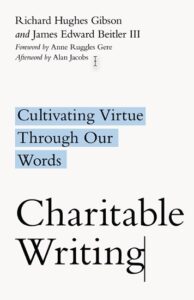
 Advice That’s Out of This World
Advice That’s Out of This World